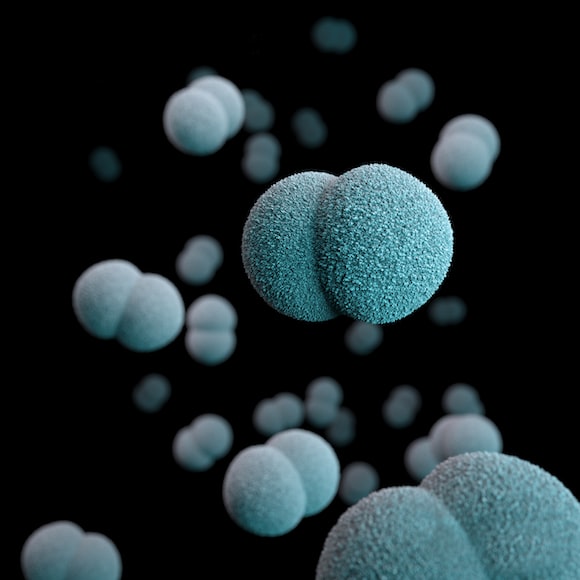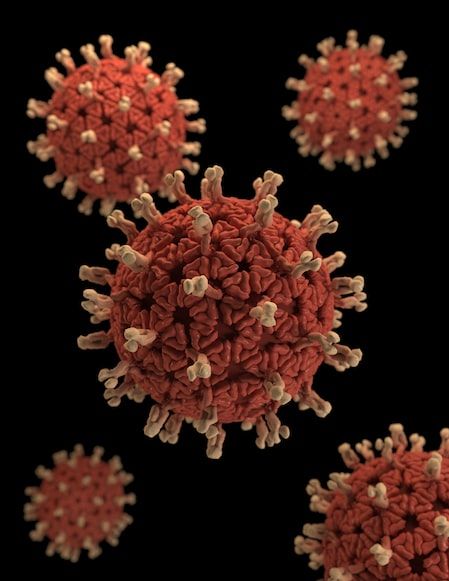
溃疡性直肠炎的症状及治疗
作者:中华健康网 时间:2023-06-11 04:40 阅读:4992
溃疡性直肠炎是一种以慢性、复发性结肠炎为主要临床表现的炎症性肠病。此类疾病主要发生于年轻人身上,患者也经常会出现一些症状,如腹泻、便血、腹痛等,严重时会影响到身体的健康。因此,对于溃疡性直肠炎的症状及治疗,应该引起足够的重视和关注。
症状:
1. 腹泻、便血
在溃疡性直肠炎的早期,患者经常会出现腹泻现象,尤其是是水样便(胶冻状粪便),严重的会出现频繁排便、伴有明显血便等症状。
2. 腹痛
溃疡性直肠炎患者在疾病的早期阶段,腹痛可能不是特别严重,但随着病情的恶化,疼痛的程度也会加剧,多出现在左下腹部。
3. 体重减轻
由于腹泻、便血等症状导致营养丧失,病人可以经历明显的体重减轻,严重的可以导致厌食症。
4. 发热、疲倦
溃疡性直肠炎患者常常感到疲倦,也可能会出现低热现象,这些症状变化可能会在发病初期不太明显,但也会在病情加重阶段逐渐出现。
治疗:
1.药物治疗
激素是治疗溃疡性直肠炎的一种常见药物,主要作用是通过对免疫反应和炎症反应的调节来减轻症状。但此类药物也有不良反应,如易感染、皮肤变化,长期服用还可能导致内分泌功能紊乱等问题。其他药物,如5-氨基水杨酸盐、抗生素、免疫调节剂等也常用于溃疡性直肠炎的治疗。
2.手术治疗
对于症状难以控制的患者,手术是一种有效的治疗方法。常采用的手术方法包括结肠切除、直肠切除等,手术后需要注意饮食及恢复期护理等问题,以防止术后并发症的发生。
3.生活方式改变
生活方式改变包括饮食、运动及心理调节等。增加对蔬菜、水果、低脂奶制品的摄入,减少对高纤维食物的摄入是改善溃疡性直肠炎的一种自然方式。多进行适量的身体锻炼,可以改善大肠的收缩能力,改善腹泻的症状。心理调节十分重要,在面对疾病及日常生活中的各种压力时,要学会调整自己的情绪,培养积极乐观的心态,避免情绪波动影响健康。
针对溃疡性直肠炎的症状和治疗,我们应该多方面以药物为主、手术为辅、生活方式改变为辅助来进行。同时在治疗的过程中,要注意身体的健康与调节心态,使自己的身体能够尽早从慢性的肠道疾病的烦恼中解脱出来。4. 疗程控制和随访
溃疡性直肠炎的治疗是一个长期的过程,需要耐心和恒心。控制疾病的症状,减少病情复发,需要比较长时间的持续治疗。因此,定期随访是非常必要的。在患者的用药期间,应该密切观察病情,必要时进行口服或外用糖皮质激素的治疗。患者病情稳定之后,医生可能会减少药物的治疗剂量,甚至可以停药,但需要定期随访以评价治疗效果,预防病情复发。
5. 早期诊断和预防
早期诊断非常重要,因为早期治疗可以控制疾病的进展,减少并发症的发生。诊断时需要做一些实验室检查,如便常规、肠镜检查、结肠镜检查、血常规等。根据检查结果,医生可以根据患者的情况制定个性化的治疗计划。
同时,我们也应该注意预防。www.0582zx.com_article-72069.html从饮食和生活方式上做到科学合理,尽量减少腌制品、辣椒等容易引起肠道刺激的食物。避免暴饮暴食、压力大、沉溺于吸烟和饮酒等不良生活习惯。
溃疡性直肠炎是一种难以治愈的疾病,但是合理的治疗方案可以有效地控制其症状,提高生活质量。医生和患者共同努力,定期随访和观察病情变化,制定合理的治疗计划,可以帮助患者尽早摆脱疾病的困扰。在此,也希望广大患者认真对待溃疡性直肠炎,主动寻求治疗,同时也要注意疾病的预防,保持良好的生活习惯,预防发病。附上英文版:
Title: Symptoms and Treatment of Ulcerative Colitis
Ulcerative colitis is a chronic inflammatory bowel disease, which mainly presents with recurrent colitis. This disease mainly affects young people, and patients often experience symptoms such as diarrhea, rectal bleeding, and abdominal pain, which can seriously affect their health. Therefore, symptoms and treatment of ulcerative colitis should be taken seriously.
Symptoms:
1. Diarrhea and rectal bleeding
In the early stage of ulcerative colitis, patients often experience diarrhea, especially watery stools (jelly-like feces), and severe cases may experience frequent bowel movements with obvious bloody stools.
2. Abdominal pain
In the early stage of ulcerative colitis, abdominal pain may not be too severe, but as the disease progresses, the degree of pain also becomes more serious, mostly located in the lower left abdomen.
3. Weight loss
Due to symptoms such as diarrhea, rectal bleeding, etc., patients may experience significant weight loss. Severe cases can lead to anorexia.
4. Fever and fatigue
Ulcerative colitis patients often feel tired and may show low-grade fever. These symptoms may not be too obvious in the early stages, but they may gradually appear as the condition worsens.
Treatment:
1. Drug therapy
Steroids are a common drug used to treat ulcerative colitis, which mainly works by regulating the immune and inflammatory responses to relieve symptoms. However, these drugs also have adverse reactions, such as susceptibility to infection, skin changes, and long-term use may lead to endocrine disorders. Other drugs, such as 5-aminosalicylic acid, antibiotics, immunoregulators, are also commonly used to treat ulcerative colitis.
2. Surgery
Surgery is an effective treatment for patients whose symptoms are difficult to control. Common surgical methods include colectomy and rectal resection, and postoperative care, such as diet and recovery, should be followed to prevent postoperative complications.
3. Lifestyle changes
Lifestyle changes include diet, exercise, and psychological adjustment. Increasing the intake of vegetables, fruits, and low-fat dairy products while reducing the intake of high-fiber foods is a natural method to improve ulcerative colitis. Exercise is beneficial to improve the contractility of the colon and relieve diarrhea symptoms. Psychological adjustment is also important, and patients should learn to adjust their emotions when faced with the pressure of disease and daily life to cultivate a positive and optimistic attitude and avoid emotional fluctuations that affect their health.
In conclusion, the symptoms and treatment of ulcerative colitis should be treated from multiple aspects, mainly using drug therapy and surgical intervention, with lifestyle changes as complementary. During the treatment, attention should be paid to physical health and psychological adjustment to allow the body to recover from the chronic intestinal disease. Additionally, early diagnosis and prevention are important. By following a scientific lifestyle and diet, one can reduce the risk of developing ulcerative colitis. Patients should also actively seek treatment and regularly follow up with their doctors to evaluate the efficacy of the treatment and prevent disease relapse.



